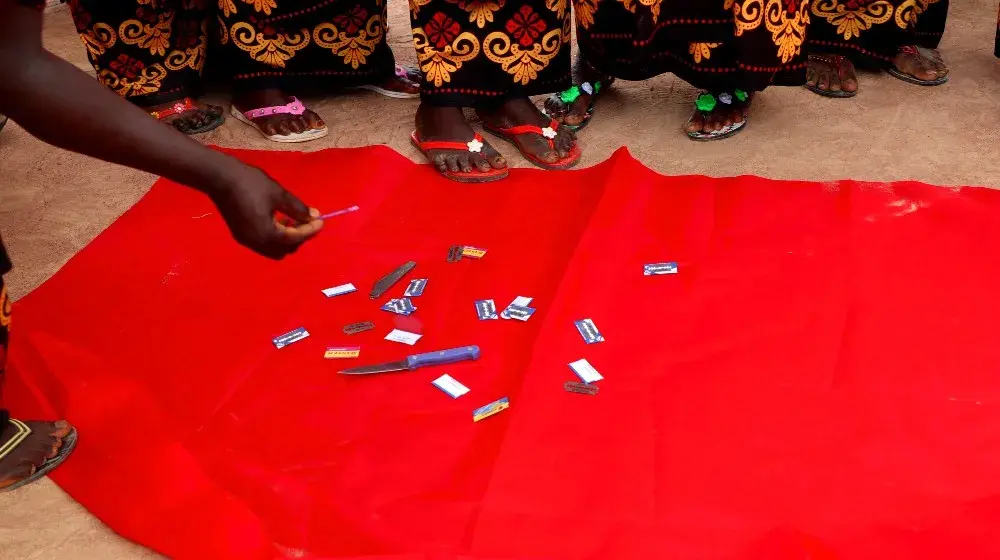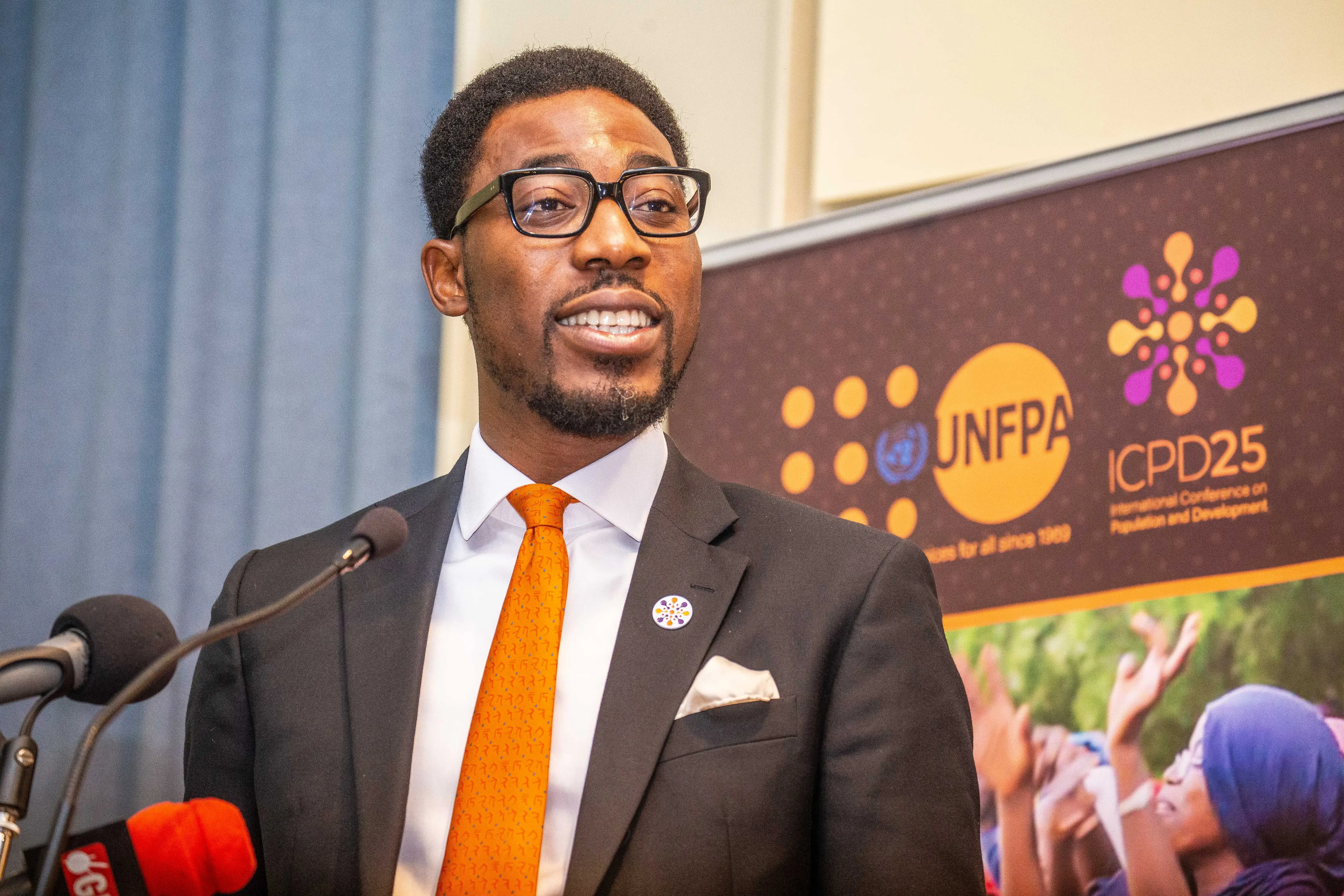Banjul, The Gambia-Female Genital Mutilation continues to affect the lives of women and girls in the Gambia, exposing them to unimaginable risks. The practice is deeply rooted in Gambian societies and despite series of campaigns and advocacy efforts, large number of girls continue to be cut. The 2015 amendment of the Women’s Act 2010 criminalizes the practice of FGM in The Gambia and stipulated several punishments. However, FGM remains widely practised across the country.
In August 2023, a ground-breaking legal development occurred as three women in the Central River Region were found guilty of practicing FGM in The Gambia. This verdict marks a significant milestone in the country's efforts to combat the harmful traditional practice and protect the rights and well-being of girls and women.
The convictions were handed down by the Kaur/Kuntaur Magistrates Court after three court appearances. The court found the women guilty of performing FGM on young girls between 4 months to one year in the village of Bakadagi-Mandinka, Niani District in the Central River Region North of the Gambia. The three women were fined a sum of D15, 000 each or in default serve a one-year prison sentence.
The United Nations Population Fund (UNFPA) Gambia applauds the court's decision. "These convictions underscore the commitment of Gambia to ending FGM and ensuring the rights and dignity of girls and women. The UNFPA stands ready to support Gambia in its continued efforts to eradicate this harmful practice," says Ndeye Rose Sarr, the UNFPA Country Representative.
Gambia has made considerable progress in raising awareness about the dangers of FGM and working towards its eradication. The government, in collaboration with UNFPA and other organizations such as GAMCOTRAP with funding from the Joint Program on FGM has been engaging communities through dialogues and awareness raising campaigns and provided resources to help shift cultural perceptions and norms surrounding FGM.
In 2021, UNFPA supported GAMCOTRAP to establish community-based surveillance system to monitor cases of FGM. Through this recent support, a community-based facilitator was conducting his monthly monitoring visits and dialogue sessions in communities where he was informed by the community members that 8 girls from ages 4 months to 1 year were on the verge of being cut by a circumciser at her residence in Bakadaji Mandinka. The matter was immediately reported to the police station and upon arrival at the scene, 3 of the girls had already been cut while 5 of the other girls were saved. The circumcised girls were rushed to the hospital whilst the circumciser was arrested and detained at Kuntaur police station. GAMCOTRAP together with the Police with support from the Joint Programme worked closely to ensure that justice is served, and the perpetrators are prosecuted. It is important to highlight that, since the ban on FGM in The Gambia in 2015, this is the second time a case is reported and prosecuted in the country.
Although the convictions mark a significant triumph, the fight against FGM is far from over. UNFPA Gambia and its partners will continue to work tirelessly to promote education, raise awareness, and support survivors while collaborating with government bodies to enforce the ban on FGM and bring perpetrators to justice.
UNFPA GAMBIA’S MAJOR INTERVENTIONS TO ERADICATE FGM
Since 2008, UNFPA & UNICEF have been managing the largest global programme on eliminating Female Genital Mutilation (UNFPA-UNICEF Joint Programme on the Elimination of Female Genital Mutilation: Delivering the Global Promise to End FGM by 2030). The Joint Programme links community-level transformation of social/gender norms that often drive female genital mutilation with laws banning the practice and access to quality sexual and reproductive health and child protection services for girls and women at risk. The programme has been working in partnership with governments, civil society, development partners and communities. To ensure no one is left behind, the joint programme intends to work in all regions, national level and hard to reach communities reaching diverse people.
Media Contact:
Fatoumatta Cham, Program Analyst-Communications (fcham@unfpa.org)





